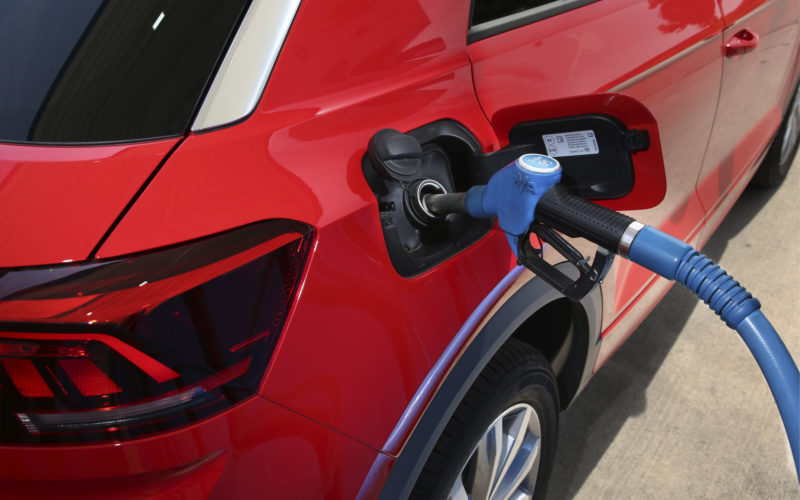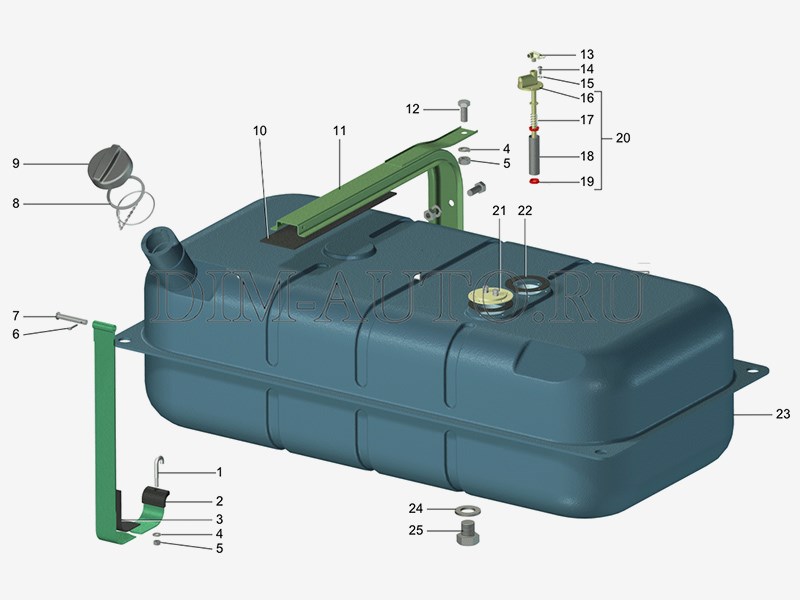
What you should consider in order to use the correct fuel in your car
Content
Before pouring any kind of fuel into your car, find out if your car is really supposed to run on that kind of fuel. Not knowing which gasoline is best can result in your car not running properly.
When you refuel your car, do you care about the quality of the fuel you use? Maybe you should as there is a reason for their price variance and when you are not buying quality you are buying something else.
Clearly, there is a difference between the various grades of gasoline available. However, it is not better to put the most expensive gasoline on all cars. It's important to know a little about generally accepted industry standards and why it's important to use the correct grade of fuel for your vehicle.
If you are unsure and do not know what fuel to use, here we will tell you what you should consider in order to buy the right gasoline for your car.
1.- Read the user manual
Very often, the clearest and most direct way to find out which fuel is right for your car is to read what it says in the owner's manual.
If you've bought a used car and it doesn't come with instructions, don't worry. Most cars have information on the gas tank cap. Make sure it's the right decision, as making the wrong decision can be dangerous.
2.- Choose the right fuel
The best option is the cheapest and lowest octane 87 octane gasoline at the gas station. However, the exceptions are usually special vehicles with high quality construction and engines, or high performance vehicles that require higher octane fuel to prevent engine knock due to a hotter combustion chamber. .
3.- Vehicle year and condition of your vehicle
Some automotive experts recommend that drivers of older, troubled cars switch to a higher octane rating as a possible way to extend the life of a car.
This is not a general recommendation, but only applicable to specific cases, so do not do this unless you have a qualified mechanic to improve your engine.
4.- Listen to your engine while driving
Even if the manual recommends lower quality fuel, always pay close attention to engine noises. If you start noticing or hearing a knocking sound in the engine, try switching to a higher quality fuel.
This probably eliminates noises, fill your car with this grade of fuel only to avoid problems in the future.
5.- Professional opinion
Have a qualified mechanic check your vehicle and advise on the type of fuel to put in your vehicle.
